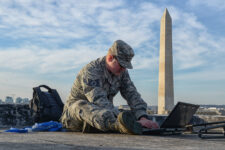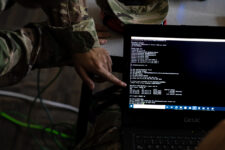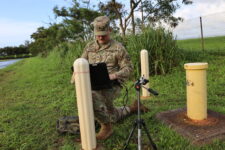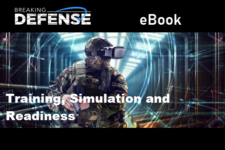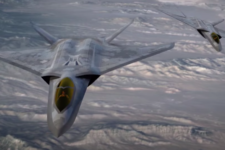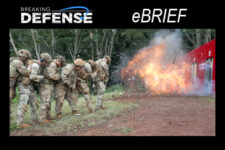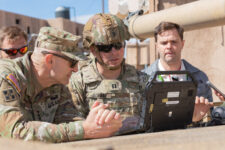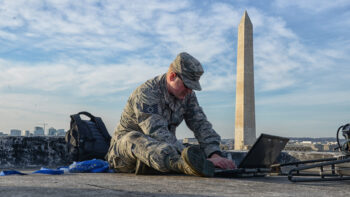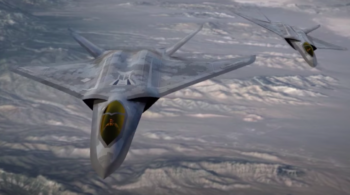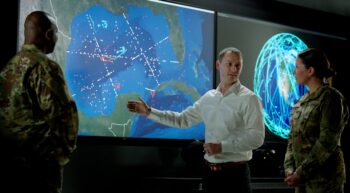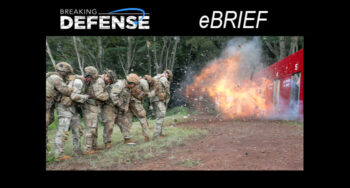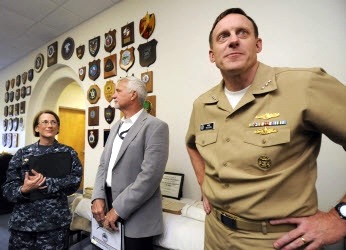
WASHINGTON: “One of the things I try to tell the work force out there is this is not what is going to define us,” said Adm. Mike Rogers, new head of the National Security Agency and US Cyber Command. After two months in the job — and halfway through this morning’s Q&A at a Bloomberg Government conference — Rogers was still fending off questions about Edward Snowden’s revelations.
“How about that cybersecurity thing?” Rogers interjected at one point, to roars of laughter from the audience, in his second attempt to get back on to the forum’s official topic.
“We will talk about that,” Bloomberg TV’s Trish Regan replied quickly, “I’ve just got one more question for you on Ed Snowden…” Bloomberg set up the event without either opening remarks from the admiral or questions from the audience, so Regan single-handedly drove the conversation — but she’s not the only one obsessively asking about the celebrated whistleblower/notorious traitor.
“I wish we had the breadth of capability” that NSA critics attribute to the agency, Adm. Rogers chuckled. “‘Does NSA control the Internet?’ What? Do you really believe that?”
While NSA does use facial-recognition software, for example — as mentioned in the Snowden leaks — Rogers insisted it does not do so for US citizens. “At one point I saw someone say, ‘well, they must be accessing Department of Motor Vehicle data’,” he said. “No, we don’t do that. We have very specific restrictions when it comes to US persons,” which boil down to having to stop and go get legal authority whenever they realize someone they’re tracking is in fact an American.
“We operate under the rule of law,” Rogers said. “Every outside review “has come to the conclusion that we have not knowingly, in a broad scale, attempted to circumvent law or violate procedure.” (This is not the most reassuring way to put it).
“For the men and women of the National Security Agency, I think the greater majority of them find themselves at times very confused and perplexed,” Rogers said. Many in the workforce, he went on, lament that, “I go home and my family asks me, ‘hey, what are you doing with my phone?’…Why is it that all my friends and neighbors are looking at me so differently now?”
“One of the things I try to tell the work force out there is, this is not what is going to define us. We cannot go into this hunched-down [defensive] crouch,” Rogers said. “We’ve got to keep doing the mission.” The Snowden disclosures triggered a nationwide debate on surveillance and privacy, “and that’s a good thing,” he said, adding that “this is much bigger than the National Security Agency,” given how much information the private sector is collecting.
“But for us as an organization,” Rogers says he tells NSA employees, “I need you to focus on the mission and doing things right. Let me take the heat on the outside; that’s what they pay me for.”
“We have a lot of technology, but if you ask me where do I think the true value resides, it’s the people,” Rogers said. “[And] it’s not just the grey matter, it’s here” — he tapped his own chest — “it’s their heart and dedication.”
Updated 1:00 pm with additional detail on facial recognition technology and privacy issues.
We fed every 2024 Pentagon briefing into ChatGPT. Here’s what it thought.
The US national security establishment is cautiously embracing generative AI, so Breaking Defense decided to do an experiment.
